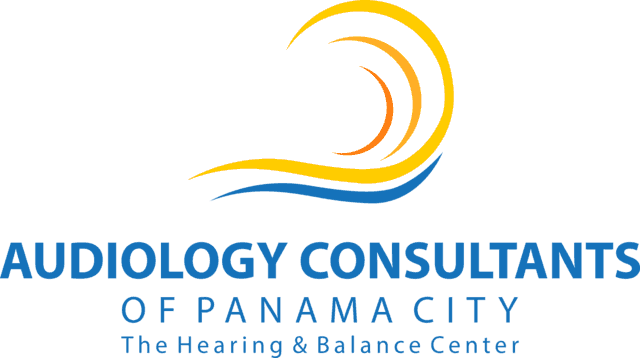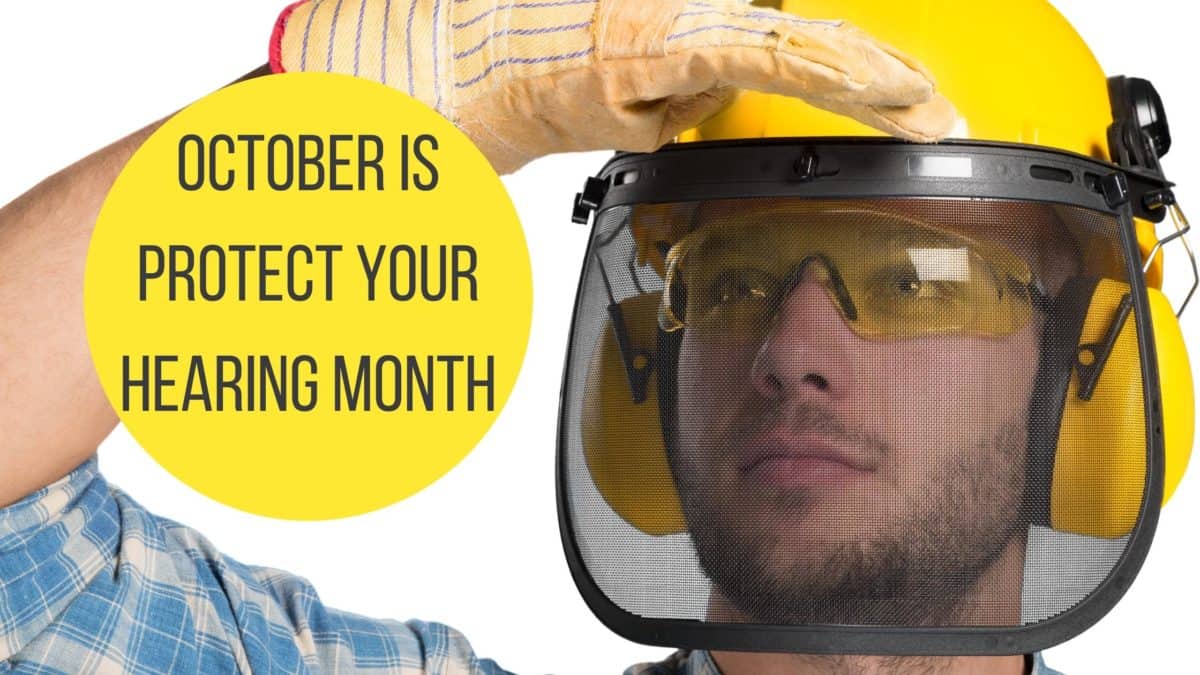- Using Hearing Aid Accessories for Enhanced Listening - May 6, 2025
- Practical Tips for Managing Daily Challenges With Tinnitus - April 8, 2025
- Signs Your Hearing Aid Battery Needs to Be Replaced - March 13, 2025
Hearing loss is likely more common than you think. 1 in 7 people between the ages 45 and 64 have some degree of hearing loss, making it the third most pervasive chronic condition that people experience today. October is Protect Your Hearing Month which you can participate in by learning more about hearing loss and ways you can protect your hearing!
Understanding Hearing Loss
Hearing loss is a permanent medical condition that can be caused by several factors including:
- Exposure to loud noise: one of the most common causes, one time or consistent absorption of loud noise can cause irreparable damage to the auditory system. Loud noise can damage the sensory cells in the inner ear which help translate soundwaves into electrical signals. These signals are then carried to the brain where they are further processed, allowing us to understand what we hear. Loud noise can cause these hair cells to lose sensitivity, leading to them dying, preventing this critical function from being carried out and resulting in hearing loss.
- Existing medical conditions: several medical conditions increase the risk of developing hearing loss; this includes diabetes, hypertension, and cardiovascular disease. These conditions affect the flow of blood and oxygen throughout the body including in the ears. Constriction of blood and oxygen can impact the bones and cells in the ears which are critical for absorbing and processing sound.
- Aging: age related hearing loss is also referred to as presbycusis. This can occur as a result of changes the ears can experience over time, the cumulative effect of noise on the auditory system as one ages, and/or medical conditions that older adults are disproportionately impacted by.
Other causes of hearing loss include: chronic ear infections, head and neck injuries, abnormal bone growths, autoimmune conditions etc.
Hearing loss reduces one’s ability to absorb and process sound which produces a range of symptoms that makes it difficult to hear and engage in conversations. This strains communication, often leads to social withdrawal, creates distance and tension in relationships, and takes a toll on overall health. Untreated hearing loss increases health risks like developing cognitive decline, depression, and accidental injuries. Early intervention can significantly ease the transition into better hearing health and wellness.
Benefits of Treating Hearing Loss
Fortunately, addressing hearing loss is relatively simple. THe first step is to schedule an appointment for a hearing test. Facilitated by a hearing healthcare specialist (likely an audiologist), hearing tests involve a noninvasive and painless process. A hearing exam assesses hearing capacity in both ears which identifies any impairment, the specific type of hearing loss, and degree of impairment. Once your hearing needs are established, your hearing healthcare provider is able to make recommendations to effectively meet those needs.
Hearing aids are the most common form of treatment for hearing loss. These are technologically savvy hearing instruments that are designed to detect, amplify, and process sound. Providing the auditory system with ample assistance in processing incoming sound, hearing aids make it easier to hear across all environments. This offers countless benefits including: strengthening communication, enriching social life, enhancing relationships, improving job performance, boosting wellness, and transforming overall health and quality of life.
Tips to Protect Hearing Health
In addition to having your hearing tested by a hearing healthcare professional, you can prioritize your hearing health by practicing simple safety measures. These tips protect your hearing health, reducing the risk of developing hearing loss:
- Protective wear: wearing protective gear – ear plugs, earmuffs, headphones – is a useful way to absorb less sound. Offering a protective barrier, this type of wear reduces the impact of sound. Wearing ear protection is especially important while in noisier settings – music venues, arenas, while commuting etc.
- Reduce exposure: practicing ways to reduce your exposure to loud noise is another way to protect your hearing health. You can do this by avoiding places during peak hours, avoiding traffic and construction sites, spacing out your use of loud appliances etc.
- Maintain low volume: it is important to maintain lower volume settings on personal audio devices which can reach hazardous levels. A great way to do this is by using noise cancelling headphones which minimize background noise.
This month is a great time to tend to your hearing health! You can start by scheduling an appointment for a hearing test, you can soon experience the life-changing benefits of treatment!


